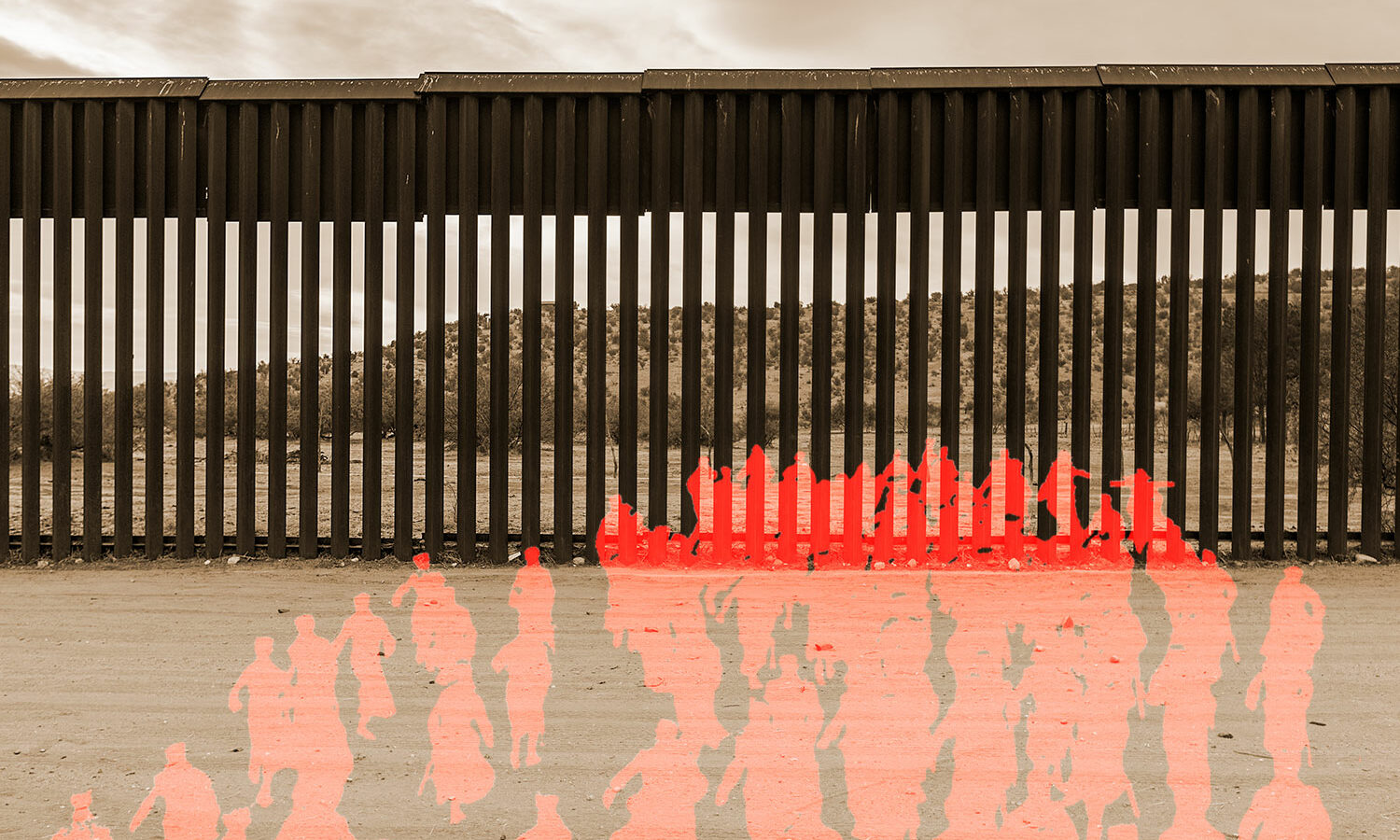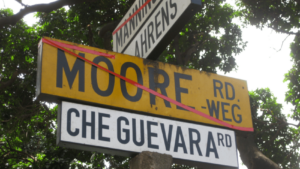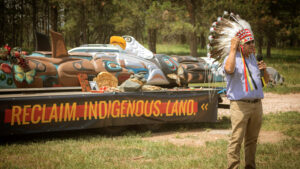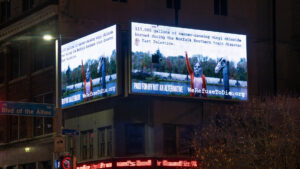Virtual Program: April 13, 2024 | 5:15 – 6:30 pm ET (Day 2, Panel 5)
While the science of fortress conservation has been debunked, the ideology it was founded on persists in a vast array of responses to the climate crisis that benefit the few at the expense of the many: from the militarization of borders, to the unrestrained siphoning of scarce water reserves, to the 30×30 conservation campaign, which critics warn could amount to a land grab on a global scale, dispossessing the very communities best equipped to steward the land. This panel asks what it means to unfence the future in our age of climate catastrophe. What divisions need to be overcome, and what divisions need to be clarified, strengthened and organized around? Where is progress being made? Where can we see the outlines of an emergent solidarity infrastructure among communities, institutions, and agencies—based not on paternalistic altruism, but on a consciousness of our mutual dependence with each other, the ancestors, the animals and the land?
A Red Natural History launch event, organized by The Natural History Museum. Co-sponsored by Survival International and the Center for the Humanities at CUNY Graduate Center.
SPEAKERS
Rueben George (Tsleil-Waututh) is Sundance Chief and a member of the Tsleil-Waututh Nation (TWN). After working as a family counsellor for twenty years, he became manager of the TWN’s Sacred Trust initiative to protect the unceded Tsleil-Waututh lands and waters from the proposed Trans Mountain Pipeline expansion. Over the past decade, he has travelled across the world and built alliances with Indigenous people fighting for water, land, and human rights, and has become an internationally renowned voice for such issues. His book It Stops Here: Standing Up for Our Lands, Our Water, and Our People is forthcoming in August 2023.
Dina Gilio-Whitaker (Colville Confederated Tribes) is a lecturer of American Indian studies at California State University San Marcos and an independent educator in American Indian environmentalism and policy, traditional ecological knowledge, religion and philosophy, Native women’s activism, American Indians and sports, and decolonization. Dina is the author of two books; the most recent is the award-winning As Long As Grass Grows: The Indigenous Fight for Environmental Justice from Colonization to Standing Rock.
Elizabeth Yeampierre is an internationally recognized Puerto Rican attorney and environmental and climate justice leader of African and Indigenous ancestry born and raised in New York City. A national leader in climate justice movement, Elizabeth is the co-chair of the Climate Justice Alliance. She is Executive Director of UPROSE, Brooklyn’s oldest Latino community based organization. Her award winning vision for an inter-generational, multi-cultural and community led organization is the driving force behind UPROSE. She is a long-time advocate and trailblazer for community organizing around just, sustainable development, environmental justice and community-led climate adaptation and community resiliency in Sunset Park.
Billy Fleming is the Wilks Family Director of the Ian L. McHarg Center in the Weitzman School of Design. Billy is co-editor of An Adaptation Blueprint (Island Press, 2021), co-editor and co-curator of the book–and now internationally-traveling exhibit–Design With Nature Now (Lincoln, 2019), and author of the forthcoming Drowning America: The Nature and Politics of Adaptation (Penn Press, expected 2022). He is lead author of The 2100 Project: An Atlas for the Green New Deal.








